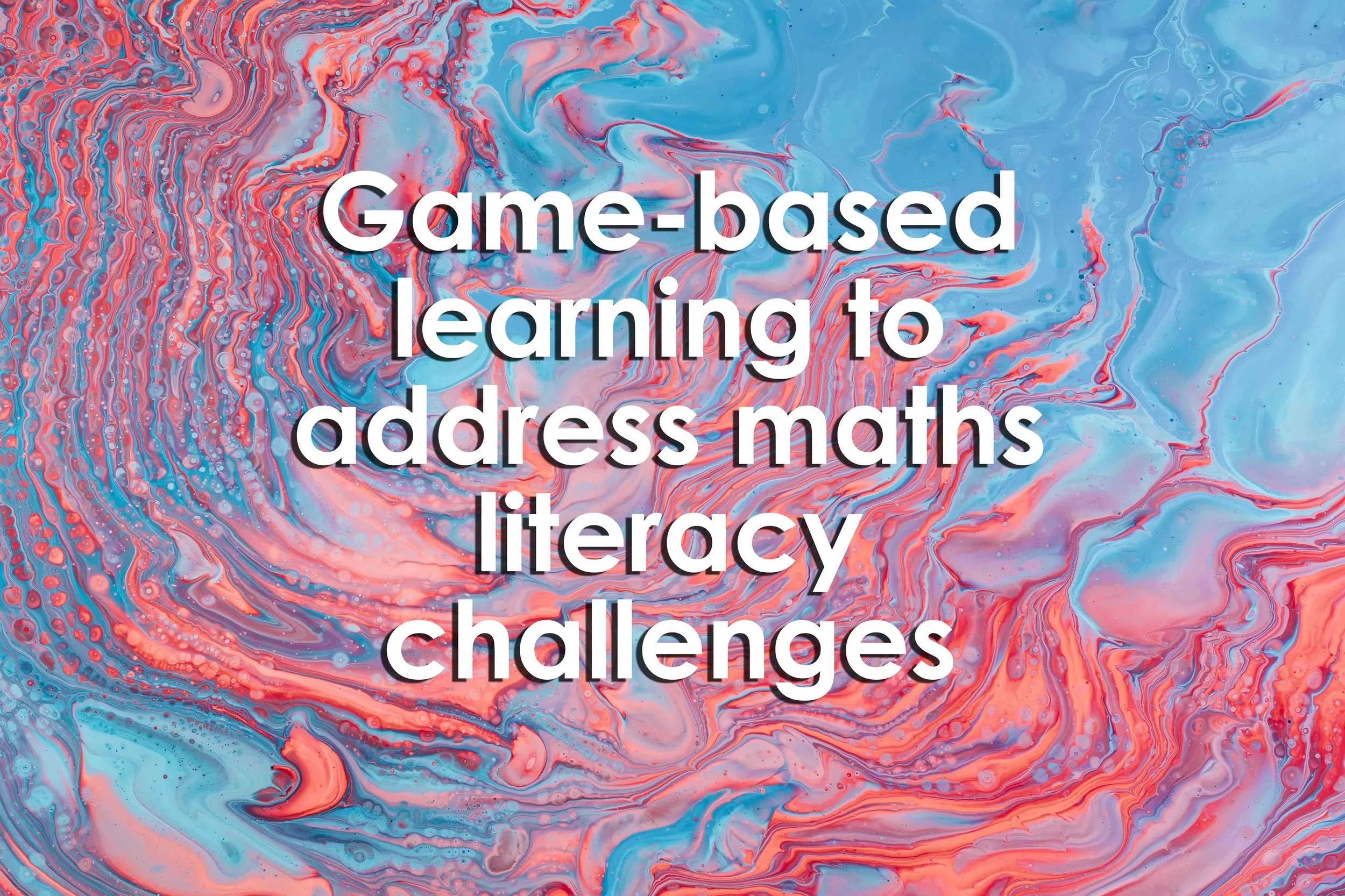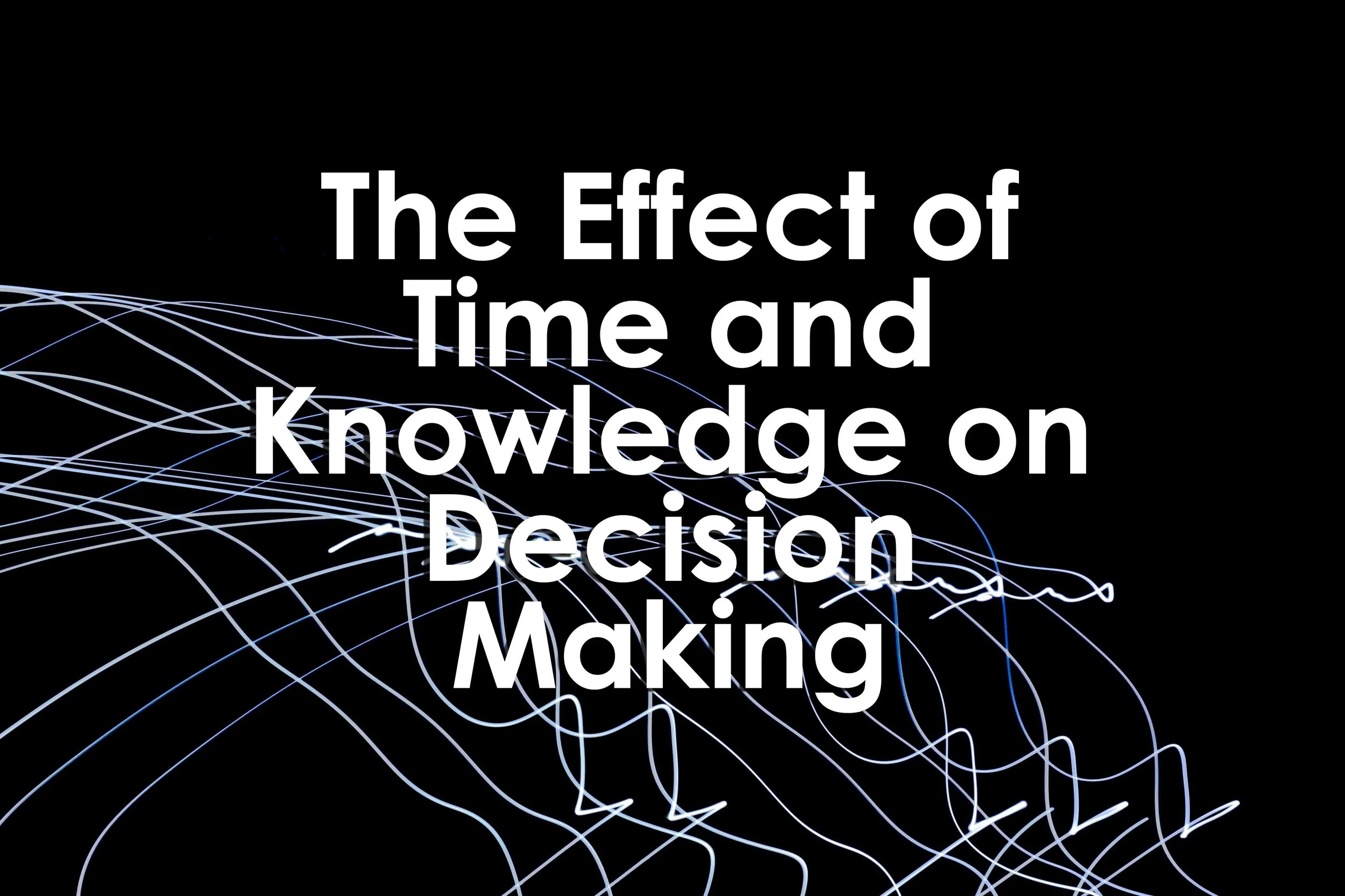This exploration delves into the multifaceted realm of gamification in education, uncovering the principles, benefits, challenges, and the transformative potential of turning learning into a game. Gamification in education involves incorporating game elements, such as point systems, badges, and leaderboards, into non-game contexts to enhance engagement and motivation.
Read MoreWhat was once considered mere entertainment has evolved into a powerful educational approach known as "Playful learning." This innovative method leverages games and gamified experiences to enhance educational outcomes, engaging students in immersive, interactive, and effective learning experiences.
Read MoreIf your employees aren't picking up new skills as quickly and as thoroughly as you'd like, it may be time to have them play - or at least feel like they're playing. The career-builder website Zippia found that employees experience a 60% engagement increase with gamification on average.
Read MoreEducators have leaned into game-based learning to try address maths literacy challenges among South African children.
Read MoreKeep your games simple, easy to understand, and fun to play to build engagement and enhance performance. Goals are an inherent part of the sales process; why should games be different? Whether it's to win money, own all the properties, or capture the king, well-crafted games have goals-and several challenges to overcome to reach them.
Read MoreWhilst it may seem that having more time would lead to better decisions, if we look purely at Decision Field Theory, Construal Level Theory tells us that too much time will lead to postponing that decision in favour of other, more concrete decisions that need to be made.
Read MoreThe content aim for the lesson is "How true to reality is The Game of Life's portrayal of personal finance?" Two of the other essential questions for the unit were: In what ways are the financial consequences of someone's actions & personal choices often in or out of their control? How would you modify the game in order to make it a better representation of real life.
Read MoreThe first-person shooting game put players into a simulated war, and so is more commonly associated with violence and stress than as a way of improving mental health. Why do most of us stop playing as adults? And how can we learn to play again?
Read More








